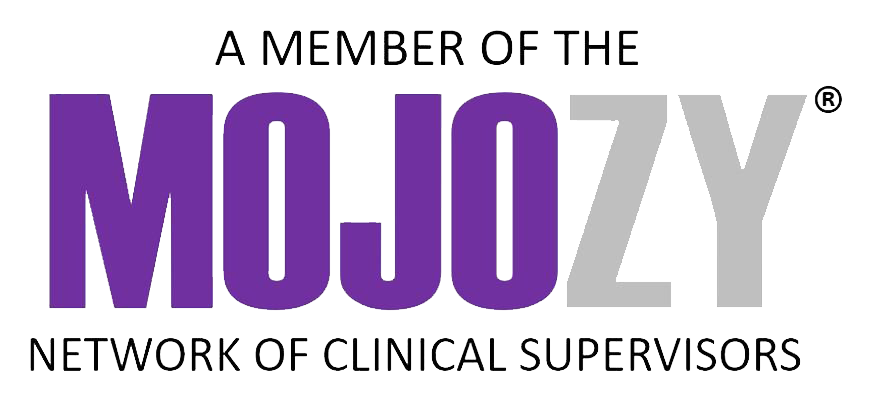Our team of skilled therapists is here to support you through life’s challenges from trauma, PTSD, anxiety or other needs.
We Are Here To Support You
Welcome to Kogan Counseling Services Psychotherapy, where we believe that everyone has the ability to heal and grow. We are here to support you through life’s difficulties through individual and group therapy, as well as trauma informed yoga therapy. We offer a safe and non-judgmental space for you to explore your thoughts.

the benefits of seeking help
Why Therapy?
Therapy provides a safe and confidential place for a person to talk to a professional about thoughts, feelings, or problems. People who go to therapy may have experienced a situation that that disrupts his or her thinking, mood, or ability to relate to others.
A person may also seek out therapy because they want a safe place to talk about life experiences. Many people seek out therapy: adults, youth, teens, even therapists themselves. Everyone needs somewhere they feel safe and supported.
The role of the therapist is to help the person understand their situation, teach strategies to express their self, and cope with potentially stressful situations. The therapist can also offer the individual or family tools to help them manage difficult feelings, and/or negative thoughts and behaviors.
About Us
Meet Randee Kogan
Randee Kogan, the founder of Kogan Counseling, is a dedicated therapist with experience in inpatient and outpatient settings, offering individual, family, and group therapy to teens and adults.
Randee has committed her professional career to helping victims of trauma as well as educating and advising others in the field of sexual violence and trauma.

Healing
Areas of Expertise
Our mental health counseling services are designed to support individuals on their journey to wellness. We offer personalized approaches to address a variety of mental health challenges.
Comprehensive Mental Health Counseling Services

Expert
Testimony

Professional
Consultation

Qualified
Supervision

Speaking
Engagements

Trainings
& Education

Presentations
& More

our expertise
Pioneering Trauma Informed Yoga Therapy
Our innovative Trauma Informed Yoga Therapy combines traditional counseling with mindful movement, creating a holistic approach to healing. Experience the profound benefits of connecting body and mind to foster resilience and emotional well-being.
Kogan in the Media
You can see Randee Kogan, the founder of Kogan Counseling, in media appearances across Netflix, CBS News, Dr. Oz, 60 Minutes Australia and more providing expert insights in trauma and advocating for victims.
Memberships and Affiliations








